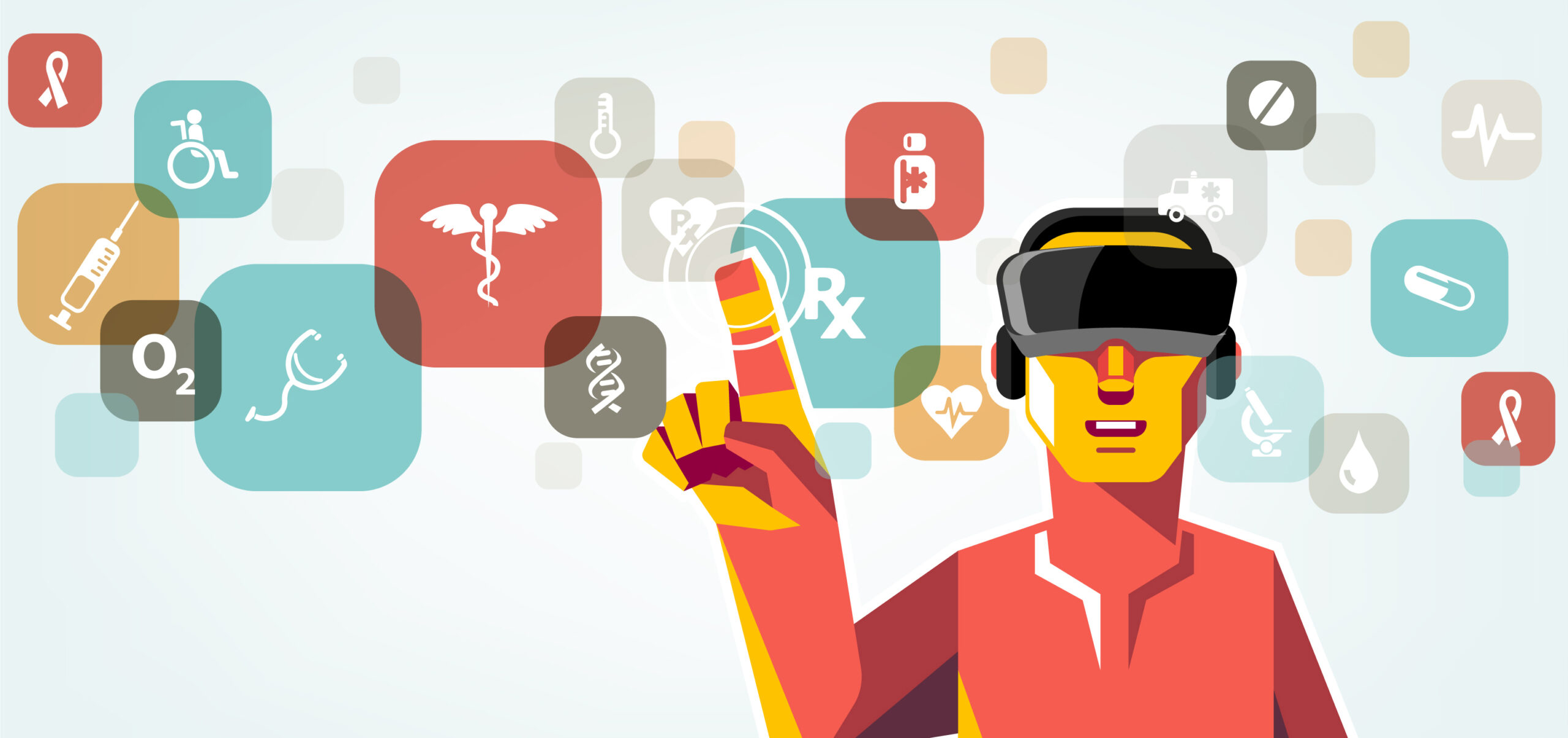
Philips ANZ managing director Matt Moran explains why integrating AI into existing healthcare workflows remains a challenge, despite the accelerated adoption of virtual care technology, interoperable data platforms and enhanced outcome measurement in Australia during COVID-19
As healthcare providers further embrace emerging technologies, a major consideration should be the positive impact the adoption of AI technologies will have on frontline healthcare professionals and their capacity to deliver better patient outcomes more efficiently.
The rate of true AI integration is going to determine the extent to which healthcare professionals will need to rapidly upskill. A vendor’s ability to deliver seamless integration into existing workflows through long-term partnerships with healthcare practitioners will help relieve the pressure for the better outcomes that patients demand.
Knowledge of AI’s power and increasing use is well understood, and many younger healthcare professionals are excited to consider its impact when thinking about their professional future. In fact, the Philips Future Health Index 2020 Australian report, found that 77% of young healthcare workers in Australia believe AI can provide them with the tools needed to keep patients healthy and out of critical care scenarios.
The power and challenges of interoperability and integration
In 2020, we saw many hospitals and practices in Australia show a willingness to embrace new digital health technologies. For example, West Moreton Health District in Queensland rapidly expanded its mobile-enabled healthcare services to deliver better patient outcomes during COVID-19 lockdowns. However, a lack of general interoperability between platforms, and a lack of end-to-end integration solutions for workflows is preventing further widespread adoption of new digital health technologies.
Improved interoperability between platforms will ensure Australia’s younger healthcare professionals derive more value from the health data that is available to them. The Philips 2020 Future Health Index report found that 33% of Australia’s younger healthcare professionals are more likely than those in other countries to report finding a lack of interoperability across systems, with the mixed-use model of technology platforms a top barrier faced by Australian institutions when looking to share data-based insights with teams.
A key to successful widespread adoption with be whether providers of these new technologies build longer-term, partnership-based relationships with healthcare professionals to ensure the integration of the technology into existing workflows is as frictionless as possible. For example, a single point of insight is mostly unsuitable – AI can and should play a role in multiple points through a patient’s healthcare journey, enhancing diagnoses and treatment outcomes from admission to discharge, and beyond.
HCPs recognise the value of new technologies
Australia’s next generation of healthcare professionals believe AI can be used to keep patients healthy, make more accurate diagnoses and offer personalised care? to individuals.
In 2020, 9 in 10 younger healthcare professionals believed technology will provide patients with better patient outcomes, compared to just over two in three in 2016. Additionally, 70% of Australian healthcare professionals believe AI will allow them to offer more personalised, value-based care.
AI increases the ability of healthcare professionals to better understand the day-to-day patterns and needs of the people they care for. For example, AI software has been proven to diagnose cancer risk 30 times faster than a human doctor, with 99% accuracy.
How our industry will change – healthcare beyond the walls
As technology is set to play a more significant role in the workflows of healthcare professionals and the administration of patient care, we’re likely to see an acceleration in telehealth services to better optimise the use of critical resources commonly found on-site.
The need for enhanced education models targeting younger professionals and new medical graduates is apparent, to empower the more widespread use of AI in clinical decision making. Furthermore, there is a need to address existing areas of professional uncertainty when attempting to incorporate data and technology into a patient journey for more established healthcare professionals.
Research revealed nearly half of younger Australian healthcare professionals do not know how to use digital patient data to inform patient care decisions. This challenge exists alongside a need to increase the widespread collection of usable data across the sector more generally, with nearly two in three younger Australian healthcare professionals also reporting they do not have enough digital patient data to influence outcomes when deciding patient care options.
As 2020 has shown, there is a need for rapid reform and innovation in how healthcare is organised, delivered and distributed in Australia. As an industry, we must have a more significant focus on innovation, to improve existing workflows through the integration of technologies such as AI.
Matt Moran is the Managing Director of Philips ANZ.
